Be sunsmart
The glorious warmth from the sun due to the ultraviolet radiation (UVR) that gets through the earth’s outer atmosphere is so much stronger at this time of year, causing sunburn, even on cloudy days, and skin cancer, both of which can be prevented by Sunsmart behaviour.
To keep your precious skin out of harm’s way, just remember the golden rule – Slip, Slop, Slap and Wrap.
Slip into clothing like a lightweight cotton shirt; also you can find clothing with an SPF rating. Kids rash suits are fun, colourful and protect small sensitive bodies from sunburn.
Slop on a strong broad-spectrum, water-resistant sunscreen that is at least SPF30 and keep applying your sunscreen throughout the day, particularly if you go for a swim.
Slap on a hat, preferably wide-brimmed or with flaps to protect your face, neck and ears, as these are the places where bad sunburn is most common.
Wrap on a good pair of sunglasses that fit you well and protect the sides of your face as well as your eyes.
What is good sunscreen?
SPF is the sun protection factor that tells you how much UVR is filtered out by a sunscreen; the higher the number, the more UV radiation is filtered out and the more your skin is protected. An SPF 30+ sunscreen is recommended by the Cancer Society of New Zealand. Also use a broad-spectrum suncreen that will filter out both UVA and UVB.
Using a good sunscreen doesn’t mean you should use less or stay in the sun longer, so you still need to be sunsmart about avoiding the sun in other ways. Also be aware that levels of UVB are highest around noon, whereas UVA remains constant throughout the day.
Skin cancer facts
- New Zealand has the highest incidence rate for melanoma in the world
- There are nearly 3,000 new cases of melanoma a year
- More than 300 New Zealanders die from skin cancer every year
- Over 90% of melanomas in Australasia are attributable to sun exposure
- Too much sun before the age of 20 increases risk of skin cancer.
Is skin ‘colour-blindness’ becoming a problem?
Skin colour can be divided into six categories that predict how skin will react to UVR.
The most UV vulnerable category is very pale skin and if you have this phototype, as it is called, you will always burn in the sun and never tan. Then there are gradations of skin colour up to very dark skin that never burns.
Results of University of Otago research suggests that we are “kidding” ourselves by overestimating the darkness of our natural, non-tanned skin and this “dark shift” bias may be clouding our judgment of the length of time we can safely spend in the sun without burning.
In the study, more than 77% of those asked believed they had medium skin colour, whereas using an instrument called a ‘spectrophotometer’ it was found they had fair skin, and this pattern applied to all skin colours.
The researchers believe this bias may affect our behaviour in the sun and how well skin cancer risk messages are heeded.
Bothersome bugs
What a pity that summer brings out all those pesky insects, but they’re all part of the package and it doesn’t take too much effort to keep them at bay and protect yourself from bites.
Mosquitoes are annoying and can also be a health hazard. Several species of mosquito call New Zealand home, including some imported exotic species that are carriers of disease-causing viruses.
Sandflies are another summer pest found near flowing water and in bush. They were even mentioned by James Cook in his journal, stating that “the most mischievous animal here is the small black sandfly which are exceeding(ly) numerous”.
Tips for preventing mosquito bites
- Use insect repellent on your body, available as creams, sprays and roll-ons; also room sprays and outdoor sprays
- Light citronella candles when outside
- Keep a bottle of pure vanilla handy as bugs don’t like vanilla
- Some plants are natural mosquito repellents, such as lavender, basil and marigold, so try keeping these plants on your deck or patio; also rub some of the leaves between your fingers
- Essential oils may help, including citronella, lavender, tea tree and eucalyptus oil; rub some on the pulse points of your wrist.
How to ease the pain and itch of an insect bite:
- Rub antihistamine cream or a topical corticosteroid cream on the bite site.
- Neutralise a sting to reduce the pain, using vinegar for wasp sting which is alkaline or baking soda for a bee sting which is acid
- Use calamine cream to relieve itching and an ice cube to reduce swelling and redness around a bite.
Ensure water safety
Water activities like swimming, boating, fishing and surfing are always a large part of summer fun, but every year water tragedies cloud what should be such a happy family time. So make sure this does not happen to your family.
- Always read warning signs at the beach and make sure the water is safe to swim in, and swim only between flags
- Make sure your kids know how to swim
- Always wear lifejackets on boats
- Never leave young kids unattended near water – even a paddling pool can be a source of danger
- Don’t dive into any water unless you are sure it is deep enough.
Food hygiene
More sunshine and daylight means more outdoor eating, but remember that in warmer weather you need to be more careful with food as bacteria grow faster in warmer weather. When you plan your first BBQ of the season you will need to take some time preparing as it may have been sitting idle all winter and you don’t know what will be growing or living in it.
Tips for BBQ food safety
- Clean the BBQ and scrub off last year’s grease that could be harbouring bacteria, and also make sure there is no rust that could get into your food
- Defrost frozen foods thoroughly in the fridge or microwave before cooking
- Keep food covered and in the fridge before a meal, and leave it covered until you’re ready to cook or eat it
- Marinate food in the fridge, not on the benchtop
- Don’t keep leftovers out and as soon as steam stops rising, refrigerate or freeze them; throw out any perishable items left out for more than four hours.






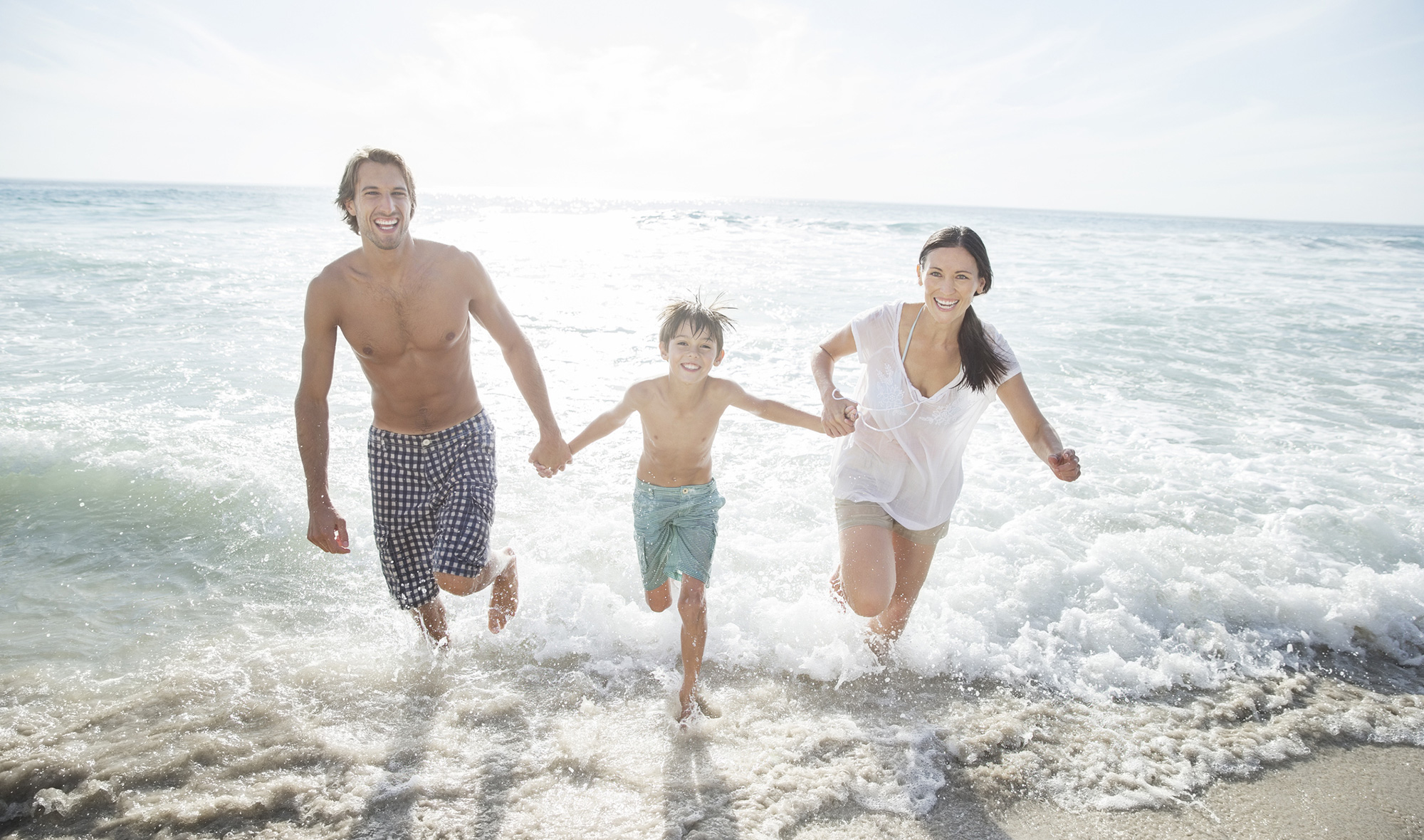
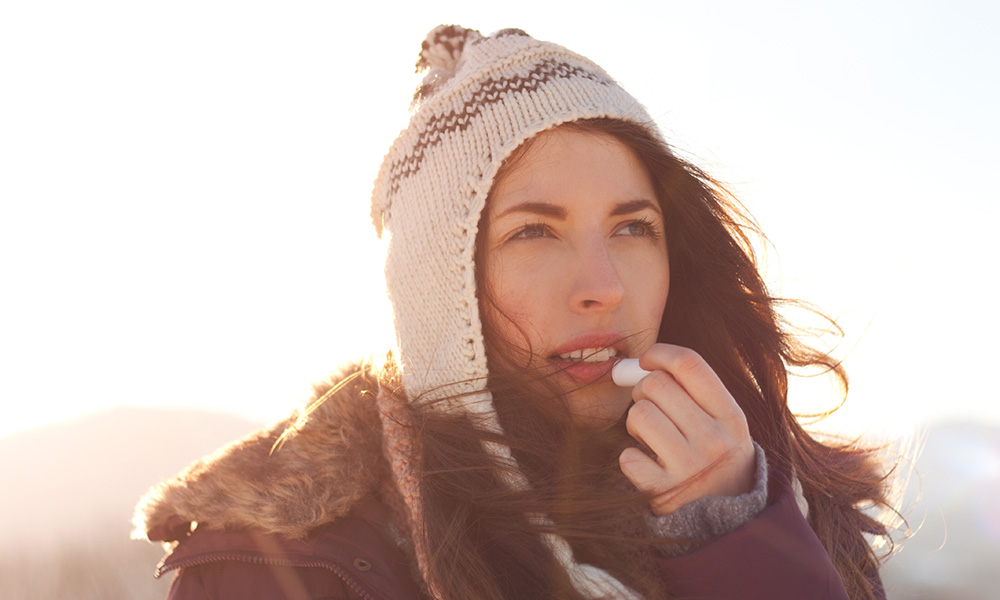
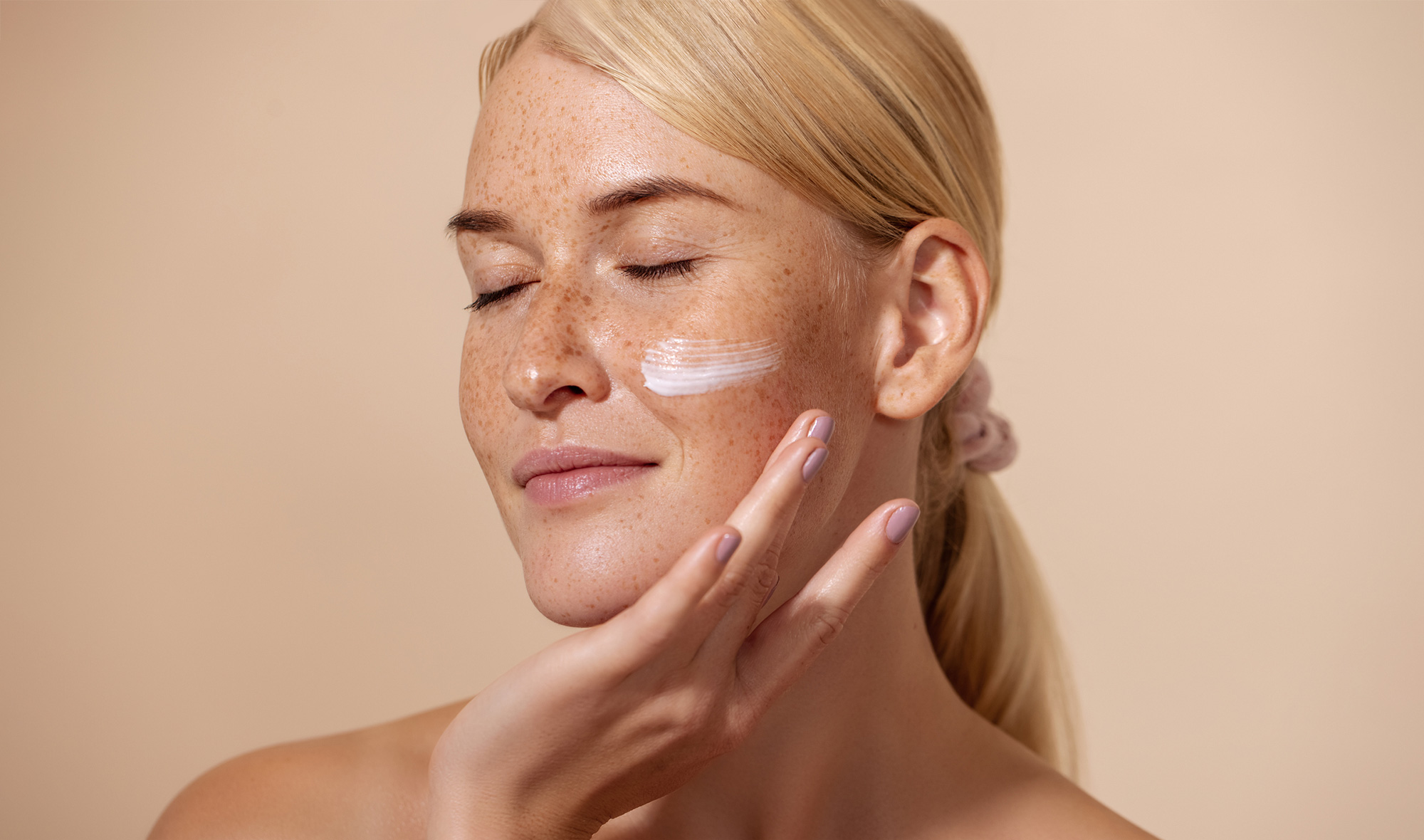
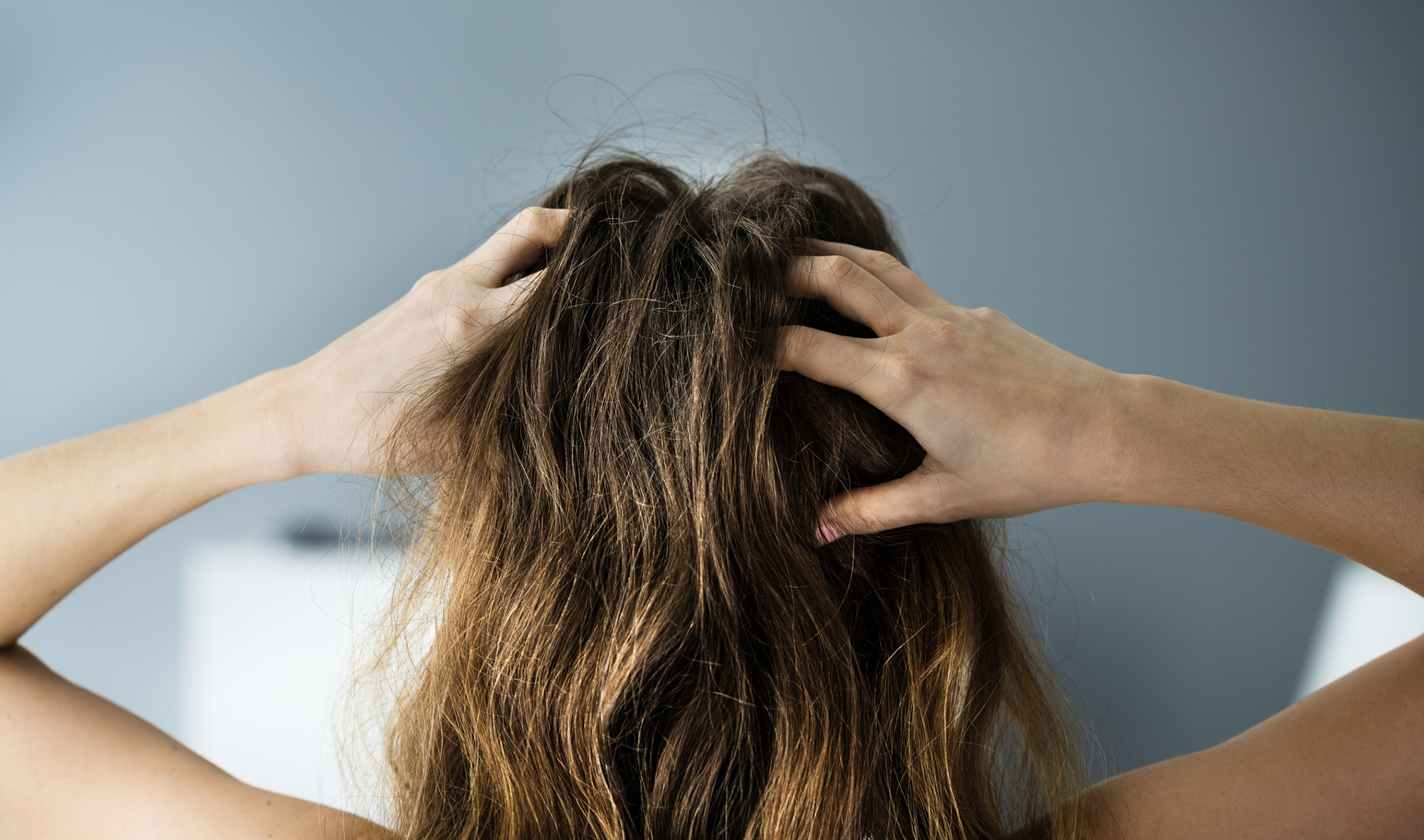
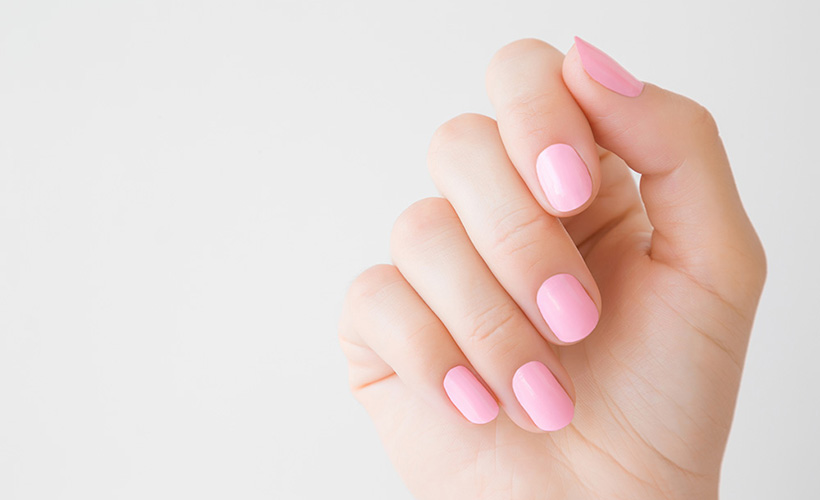


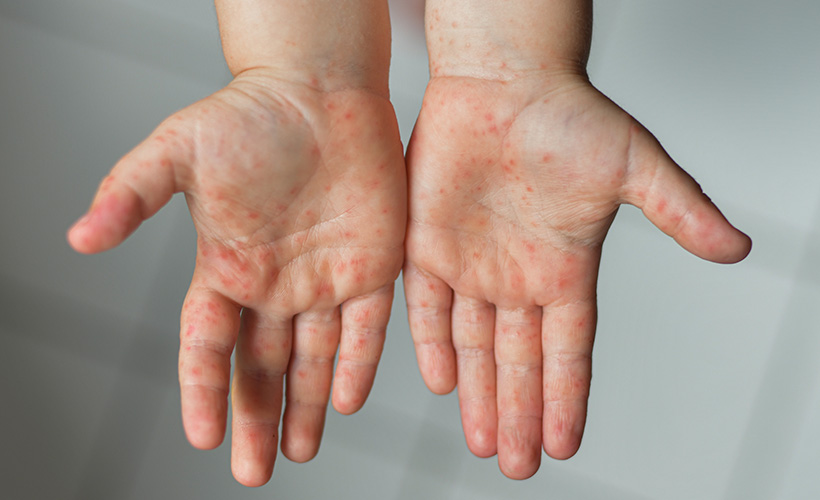
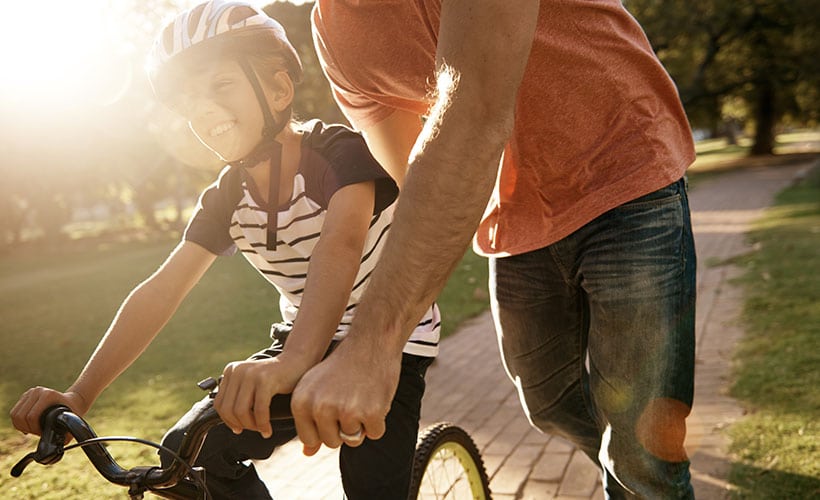
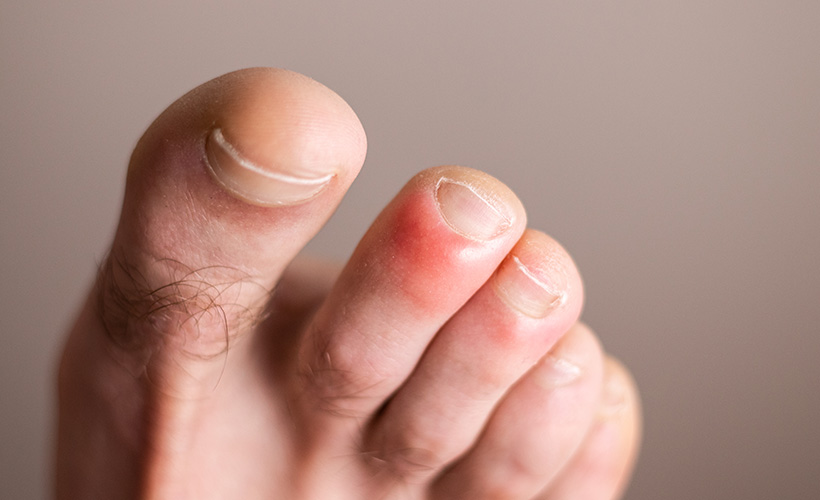

Community